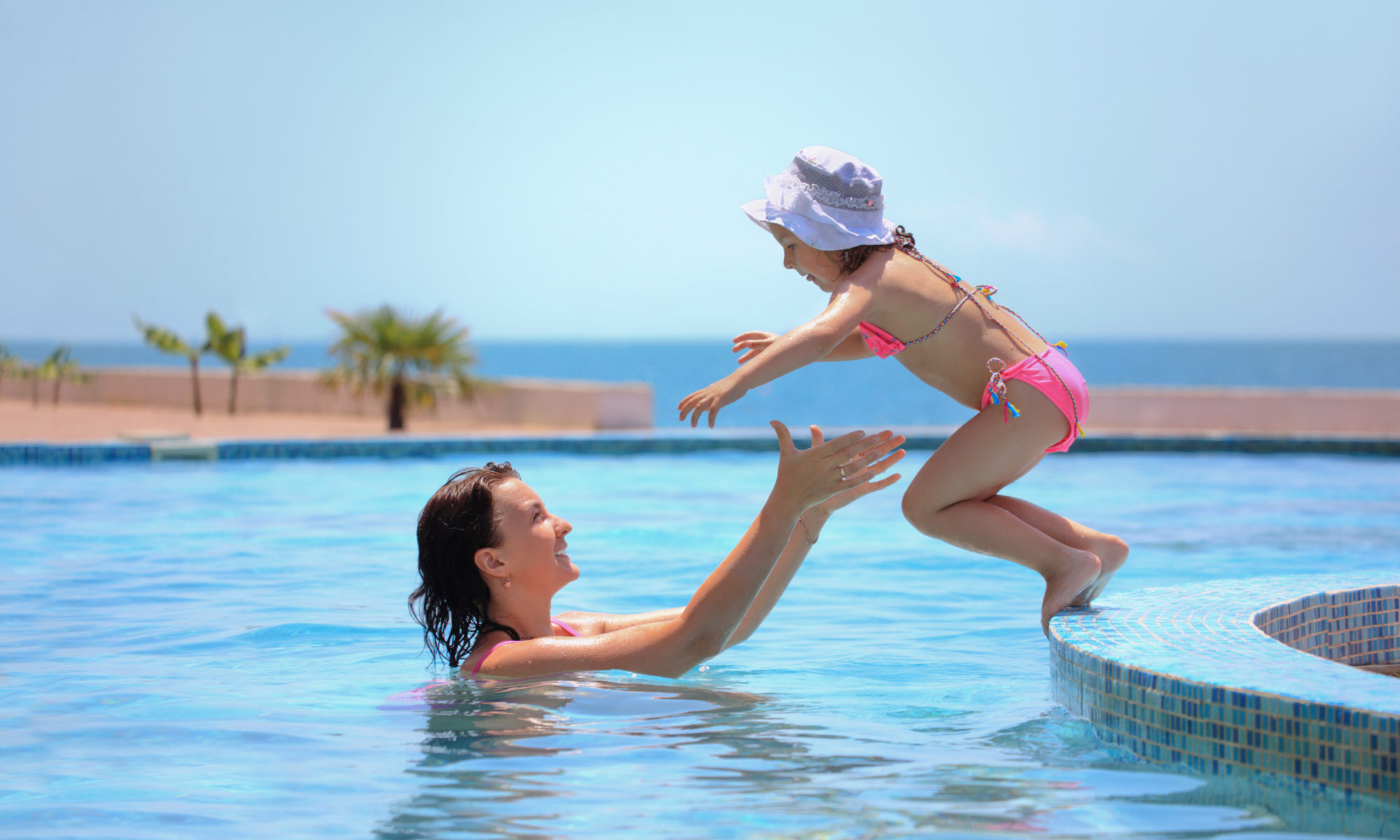Providing your kids with support each step of the way when you’re teaching them to swim can help them relax enough to move with patience and precision instead of frenetic energy. Generic praise isn’t enough, though. It can even be counterproductive. So how do you give effective praise?
Use what you know about your child when you’re teaching him to swim. Some kids respond well to frequent reinforcement. Others want you to keep out of their way. You know your child best. If you sense that he’s confused, frustrated, or distracted, help him regain his focus by giving him feedback.
Be specific and constructive when you’re praising your child’s progress. General feedback such as “you’re doing great” actually makes kids insecure about what they’re doing. If they know they’re doing great, but they don’t know how or why, they tend to be afraid that they’ll fail.
Instead, make your feedback as precise as you can. For example:
Instead of:
- Great job!
Try saying:
- I really like how hard you’re trying.
- You’re doing a really good job of flicking your foot when you kick.
The first kind of praise, the generic “Great job!” kind, doesn’t give your child any information about how to keep getting positive feedback from you. Specific praise gives him a way to duplicate his success and feel good about his efforts. The better he feels about learning to swim, the more he’ll want to get into the pool for the next swimming lesson, and the more fun you’ll have teaching him to swim.
